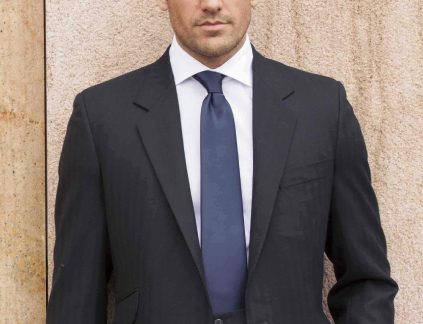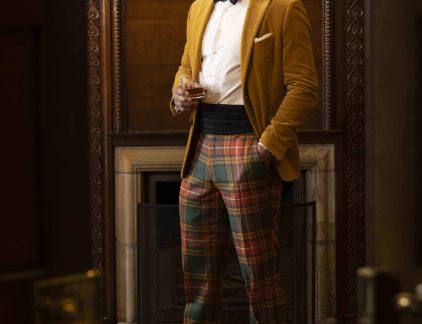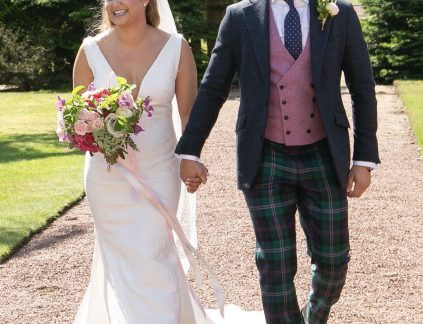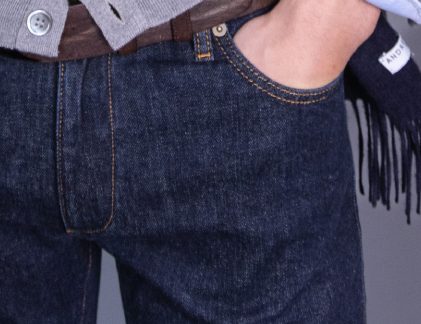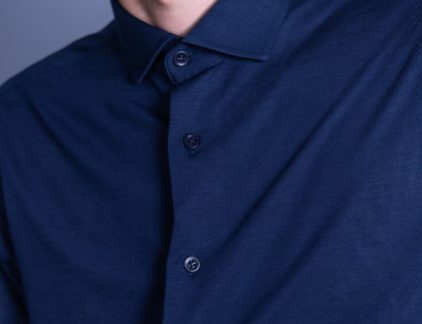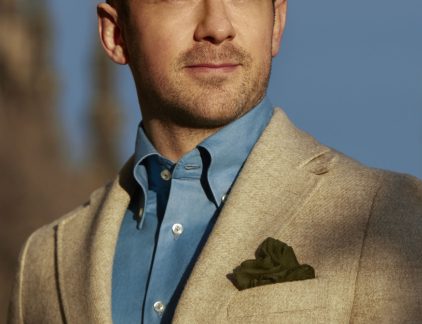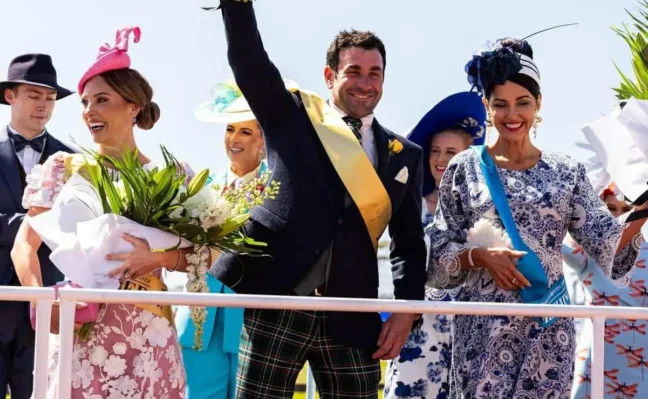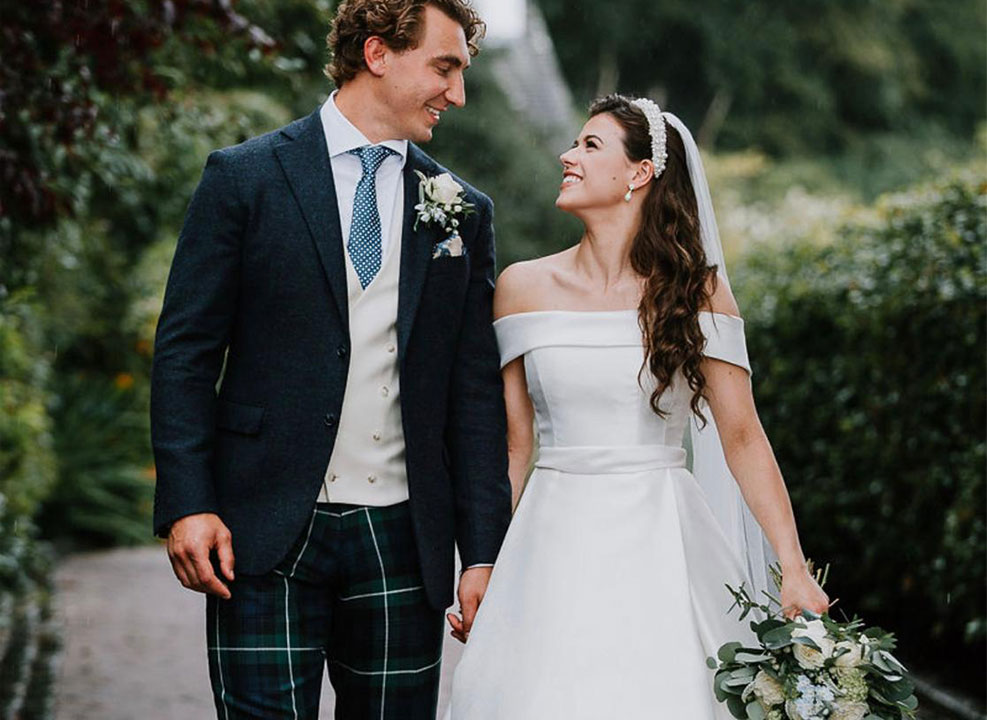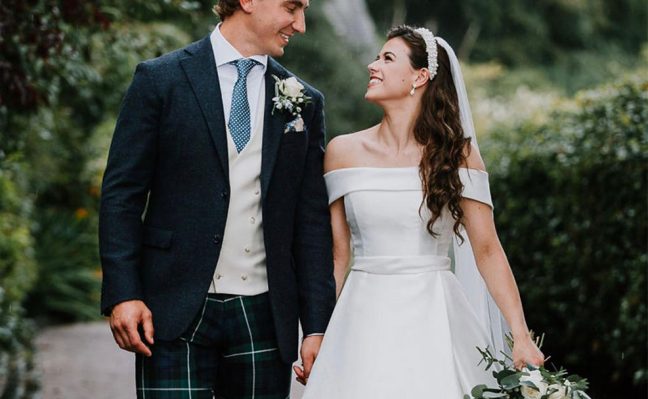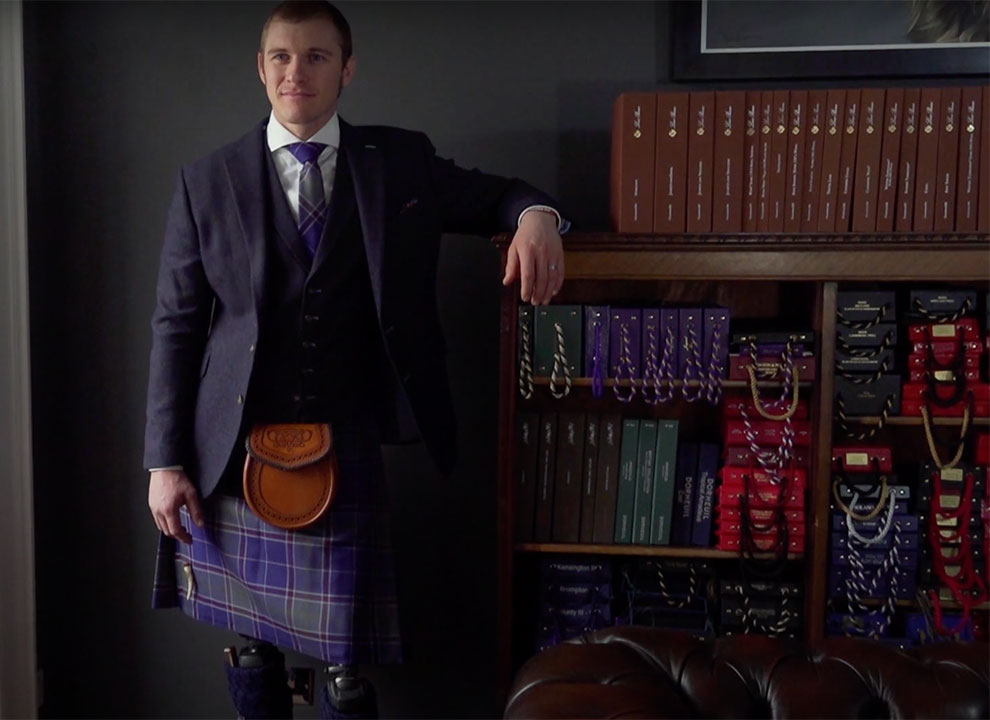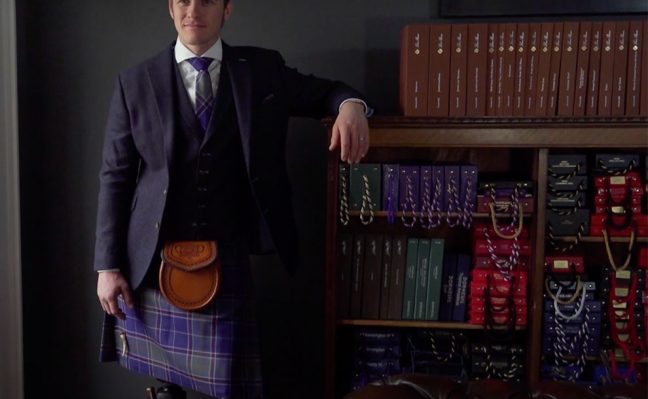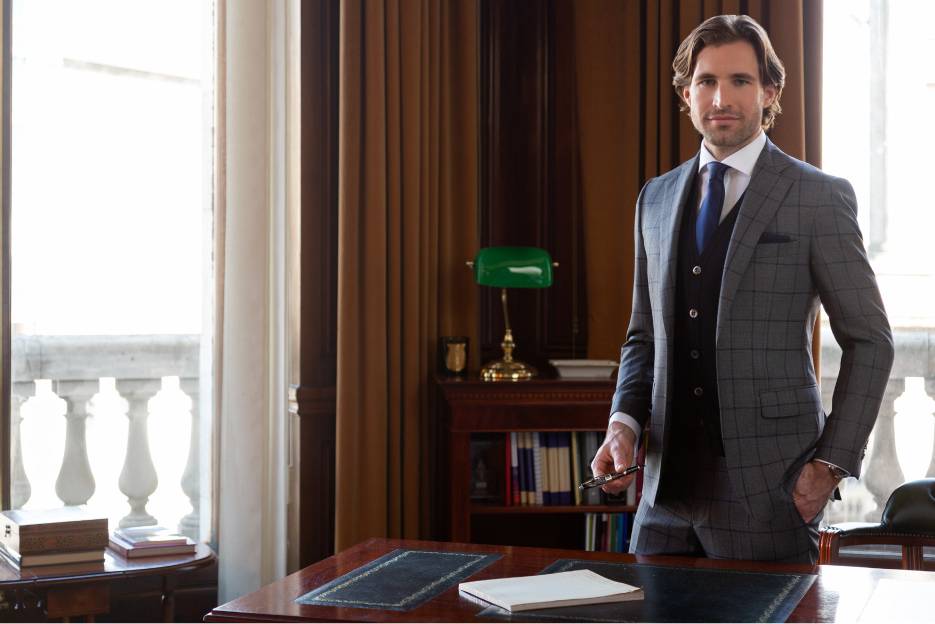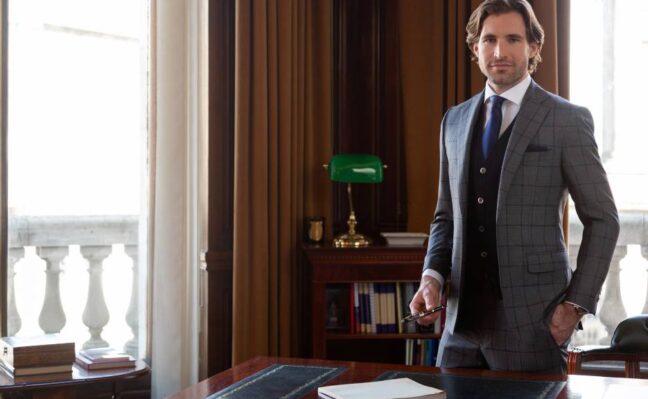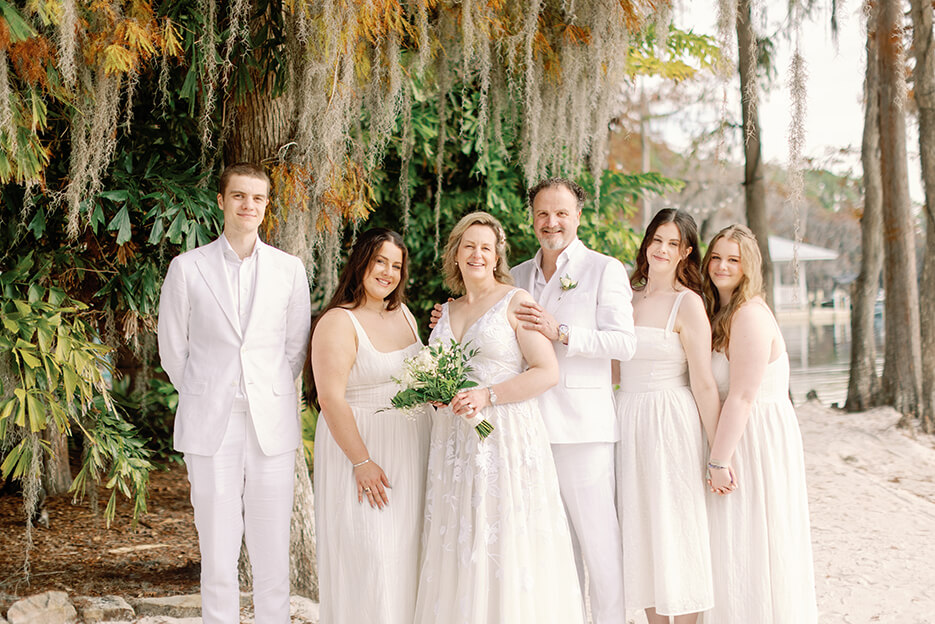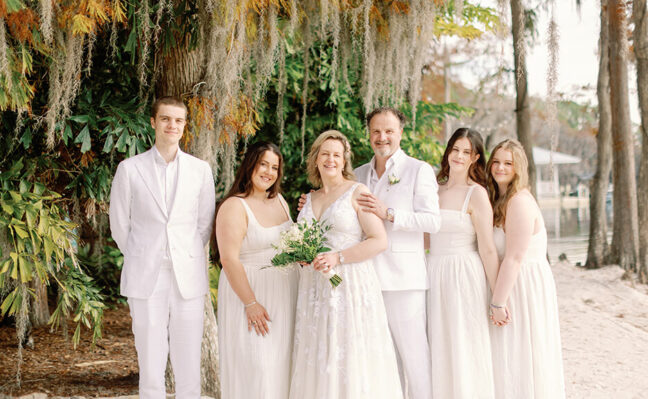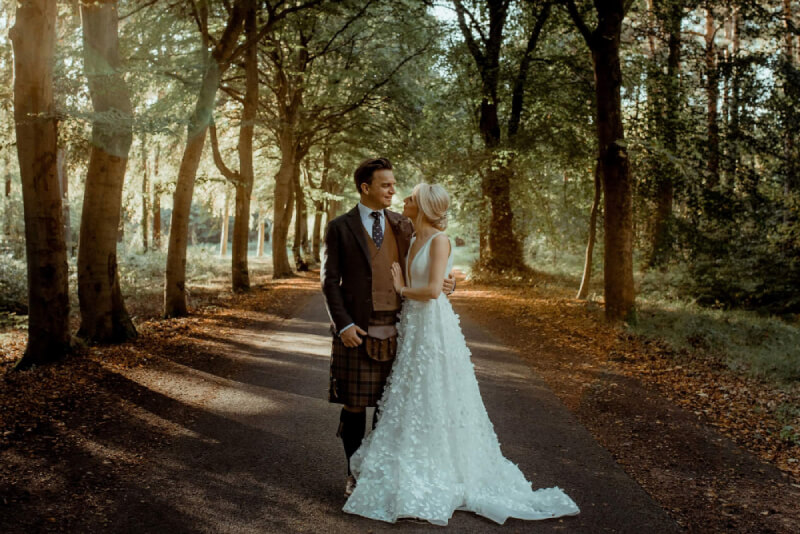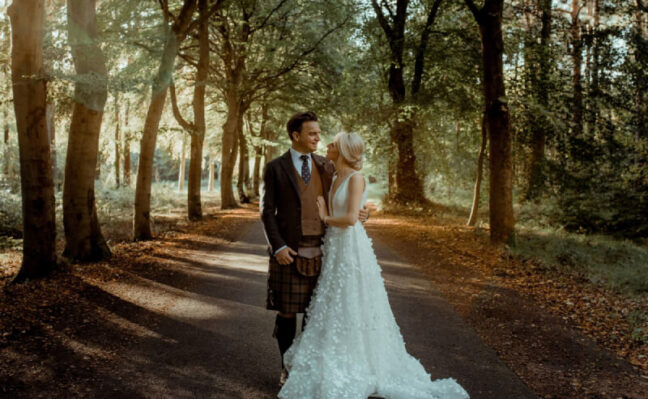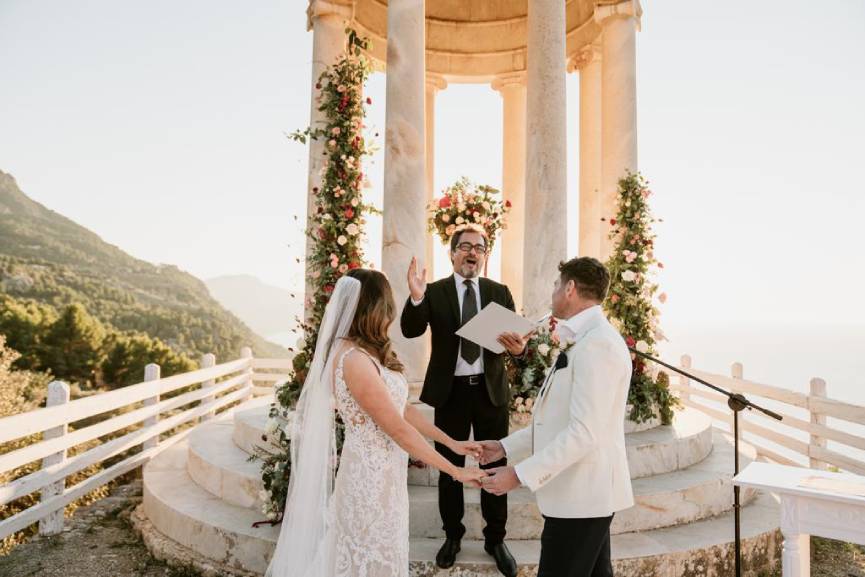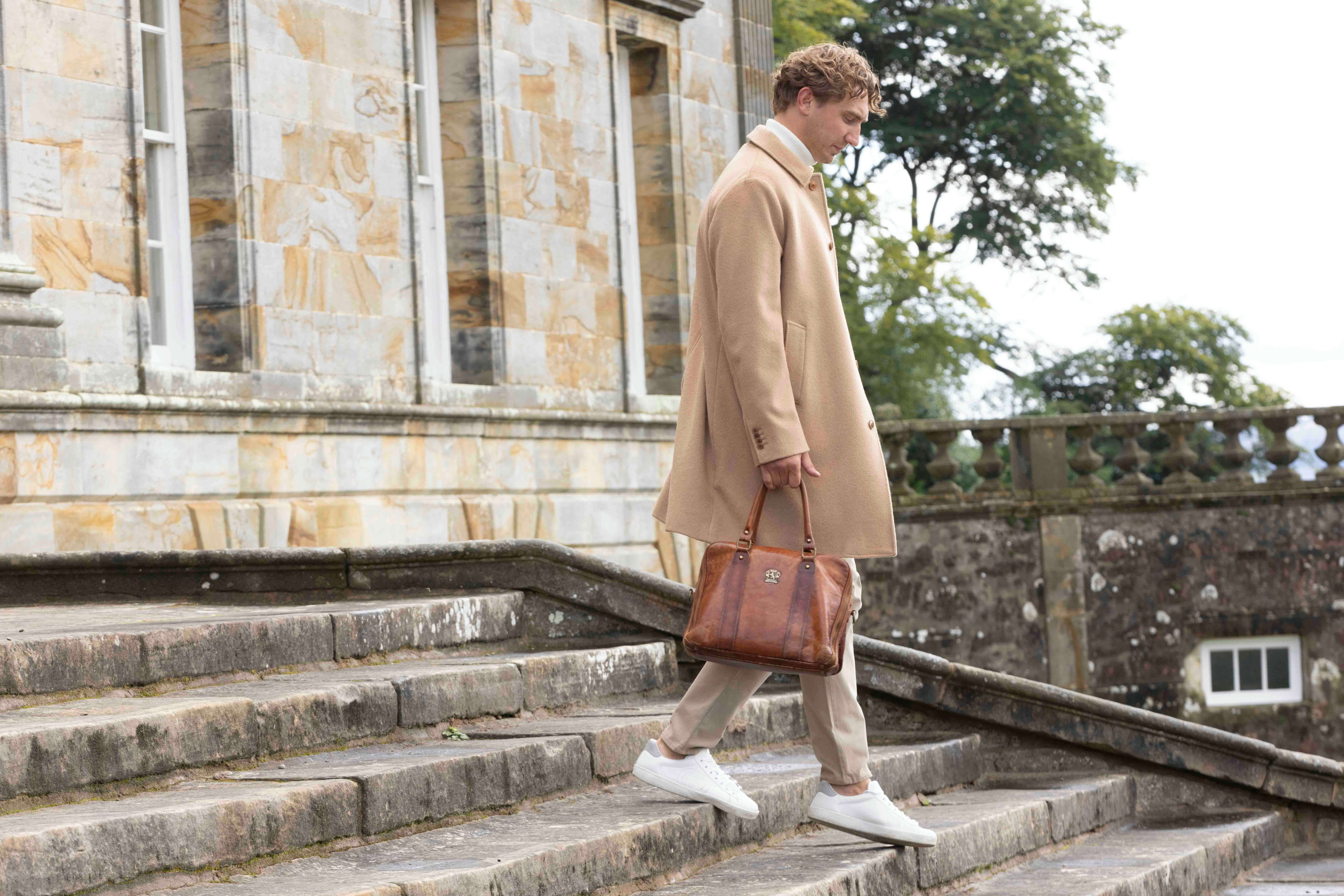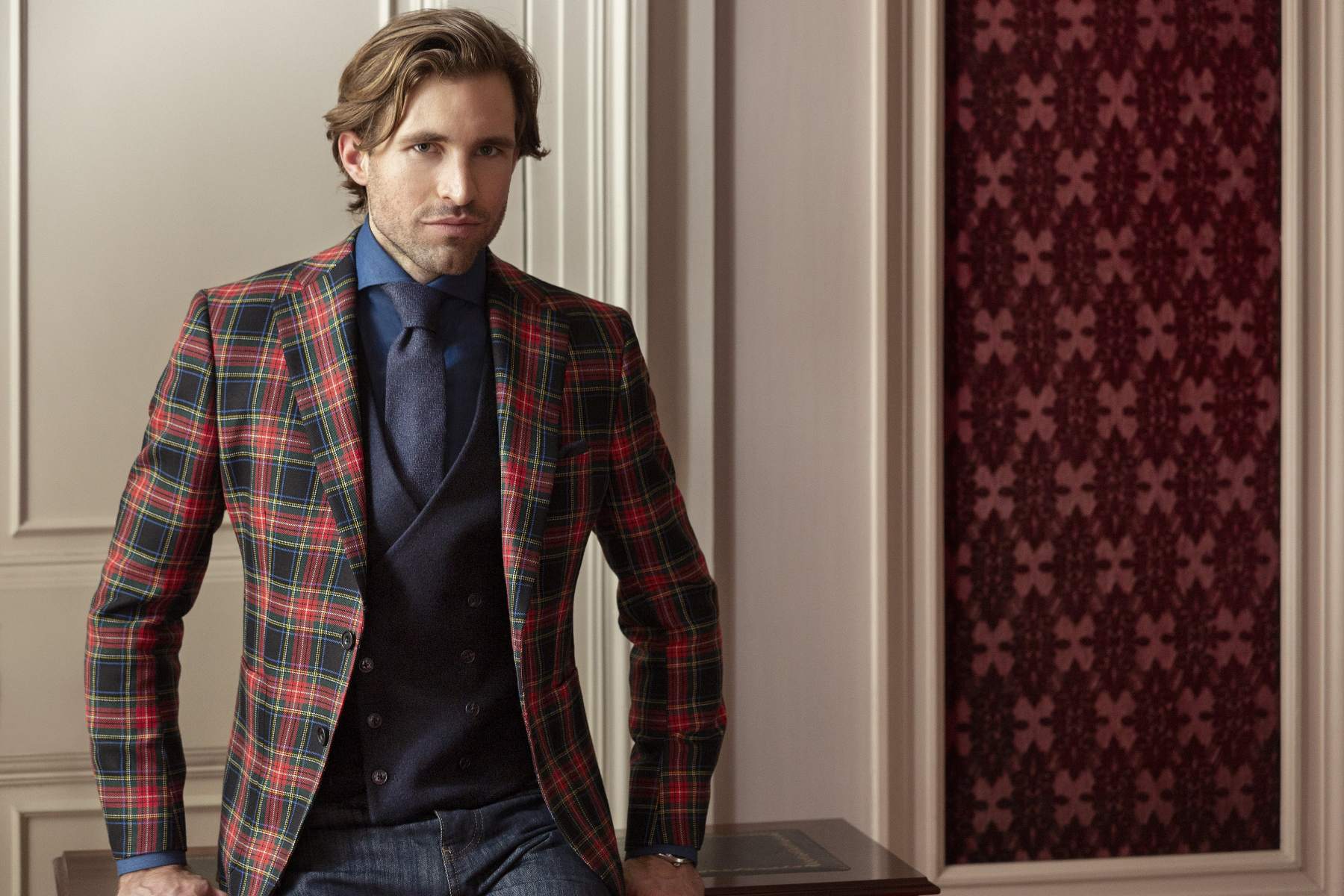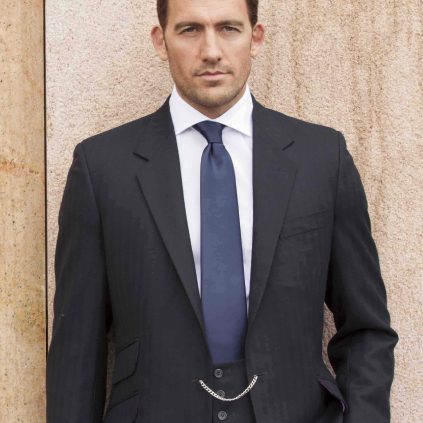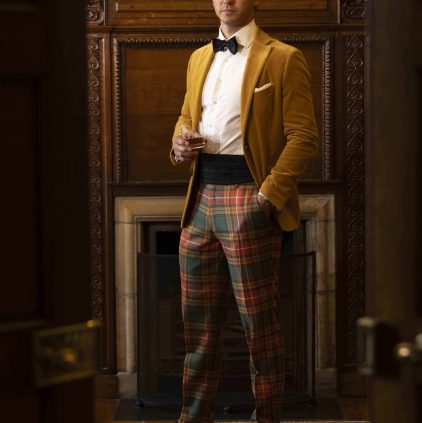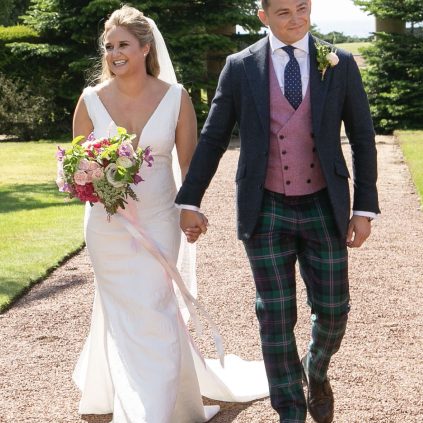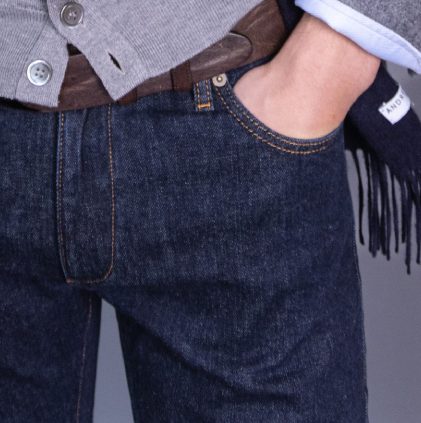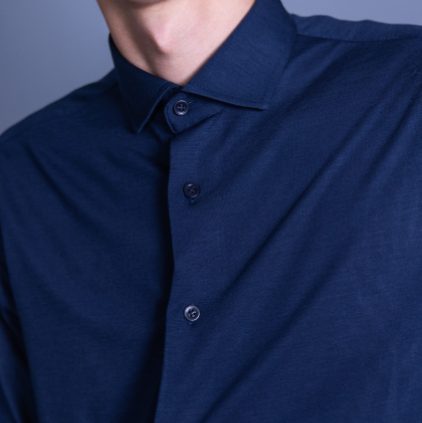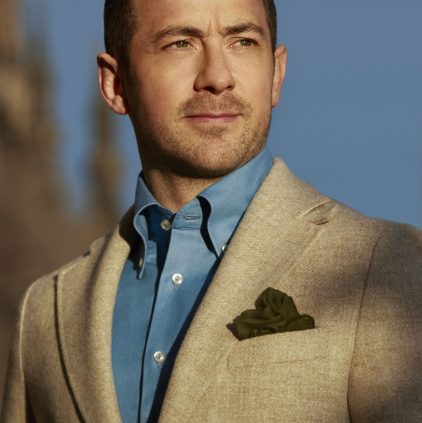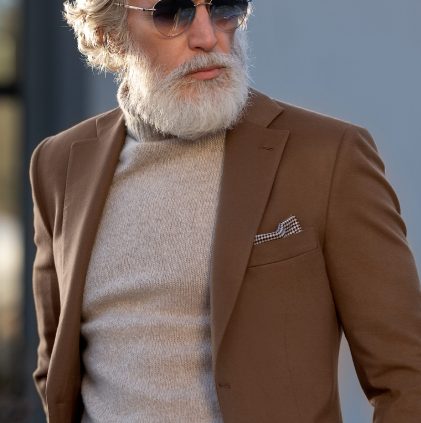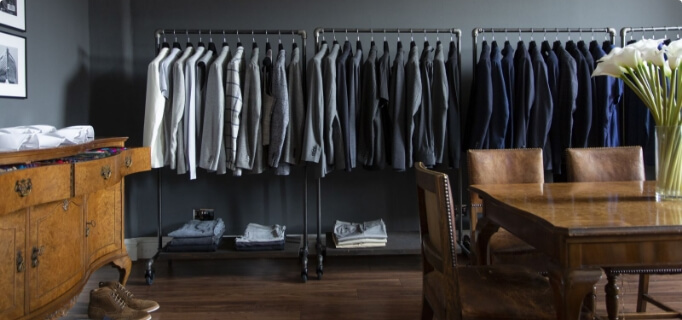The Best Business Suit Guide for Men
If you’re ready to level up your professional game, you’re in the right place. The desire to dress well is all you, and we’re here to guide you on becoming a boardroom show-stopper.
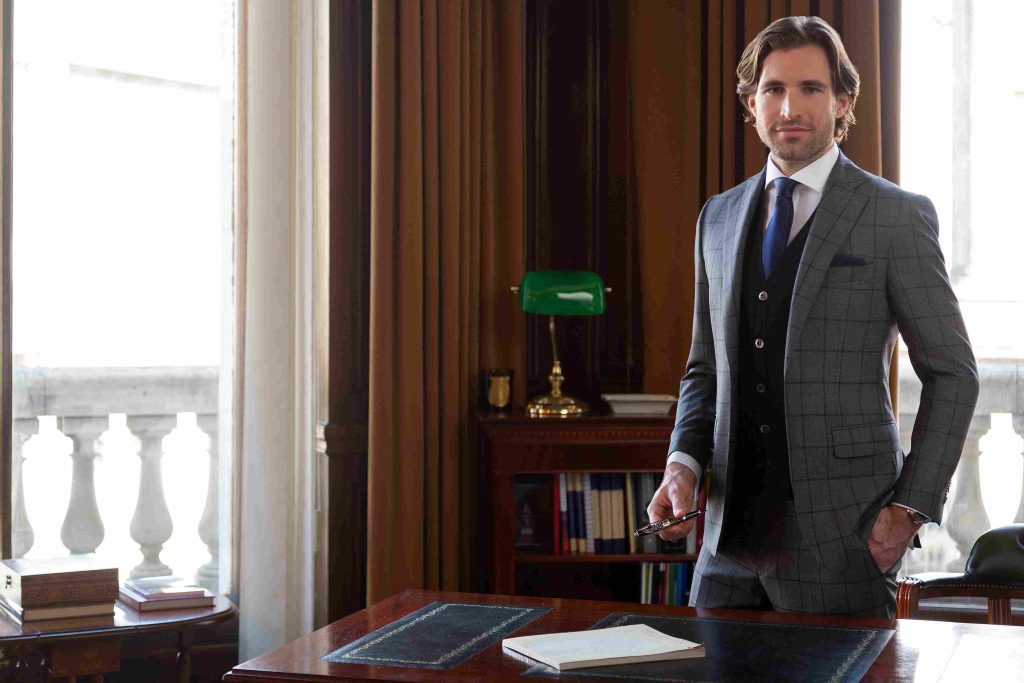
Your workplace wardrobe isn’t just about clothes; it’s a statement about how seriously you take yourself. So, if you’re ready to level up your professional game, you’re in the right place. The desire to dress well is all you, and we’re here to guide you on becoming a boardroom show-stopper rather than getting lost in a sea of crooked ties and flashy suit patterns.
So, let’s begin with owning corporate style with confidence.
What is a Business Suit?
In the realm of men’s fashion, a business suit is a formal attire designed for daily wear for anything from a client meeting to a sales pitch. This ensemble typically consists of a jacket and trousers, complemented by accessories like a necktie, showcasing formal elegance and sophistication.
What is the Importance of Business Suits?
The business suit is a fundamental element in creating the right impression in various workplace settings. Characterised by its darker fabric colours, smart shoes, and a preference for subtlety or muted patterns, a business suit makes a statement without saying a word.
What is the difference between 2-piece and 3-piece Business Suits?
When it comes to business suits, you’ll likely encounter two primary styles: the two-piece and the three-piece suit. A two-piece business suit comprises a tailored jacket and a pair of matching trousers, offering a classic and streamlined appearance. On the other hand, a three-piece business suit elevates the formality by including a waistcoat in addition to the jacket and trousers.
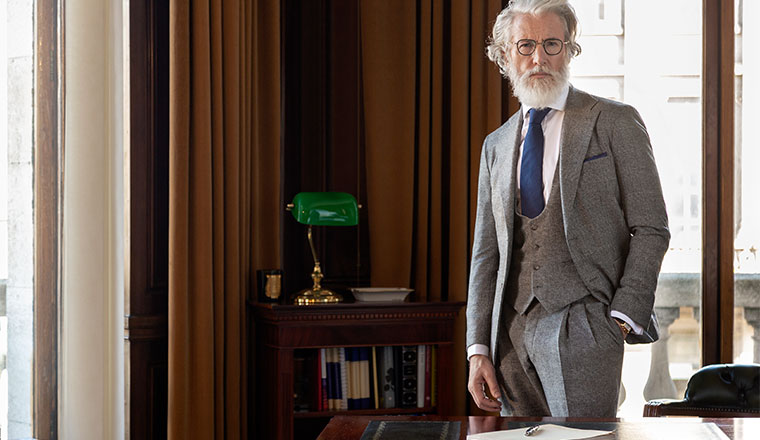
Both suit styles are considered formal, with the three-piece suit leaning slightly towards a higher level of formality. The three-piece suit, complete with its waistcoat, is particularly well-suited for occasions demanding an extra touch of sophistication, such as formal business meetings, interviews, or corporate events where a polished presence is essential.

Are Business Suits the Same as Traditional Suits?
While business suits and traditional suits share fundamental characteristics, it’s important to recognise their distinctions. Both are formal attire, available in two-piece and three-piece styles, suitable for various occasions, including the workplace. However, the key difference lies in their design and intended use.
Business suits are purposefully crafted for the professional setting, emphasising a tailored and polished appearance that is perfect for the workplace environment. Alternatively, traditional suits offer more flexibility and versatility. They extend beyond the confines of the office, catering to a broader range of social events such as weddings, dinners, or other formal gatherings.
The style of traditional suits, while still elegant and refined, allows for a touch of personal expression and creativity. Unlike business suits, traditional suits are not strictly bound to the business world, giving you more room to showcase your unique style.
When to Wear a Business Suit?
Not every professional job requires a business suit; however, certain job roles, particularly in more conservative settings such as offices, may expect you to wear one as part of their dress code.
In fields like accounting, finance, banking, business, government, and law, custom-tailored suits are commonplace. Given the office-centric nature of these roles, employees will opt for suits to project a polished and professional image in their work environments.
Certain job interviews will also benefit from a business suit, as will many non-work-related events such as christenings, weddings, and other special occasions.
Additionally, when you want to make an impact, whether at a high-profile meeting or a significant social event, a well-chosen business suit speaks volumes about your attention to detail. Such commitment to presenting yourself at your best becomes a statement of professionalism and confidence that can leave a lasting impression on those around you.

How to Choose a Business Suit?
Selecting the right business suit is an art that combines personal style, professional context, and attention to detail. Begin by considering the occasion and formality—whether it’s a corporate meeting or a job interview. Opt for darker colours, such as navy or charcoal grey, for a classic and versatile choice. Don’t forget about the fit; ensure the jacket shoulders align with your natural shoulder line, and the trousers have a clean, tailored finish.
When it comes to jacket buttons, follow the cardinal rule: for a single-button jacket, the choice is yours to fasten or not; with a two-button jacket, fasten the top button, leaving the bottom one undone; and for a three-button jacket, always fasten the middle button, optionally the top button, and never the bottom one. This approach to buttoning not only adheres to traditional style conventions but also emphasises the suit’s tailored silhouette, adding to a polished and professional appearance. Remember, mastering the art of choosing a business suit is the first step in crafting a sophisticated and impactful professional image.
What to Wear Under a Business Suit?
Creating a polished and cohesive look beneath your business suit is key to making a lasting impression. Start with a well-fitted dress shirt in a solid colour or subtle pattern, ensuring it complements the suit’s shade. A classic white shirt is a timeless choice that exudes professionalism.
Complete the ensemble with a carefully chosen belt, harmonising with the suit’s colour for a seamless transition. A leather belt, in shades such as black or brown, adds a refined touch. Our accessories collection offers a curated selection of items to enhance your look, from ties to pocket squares, providing the finishing touches that elevate your business suit attire.
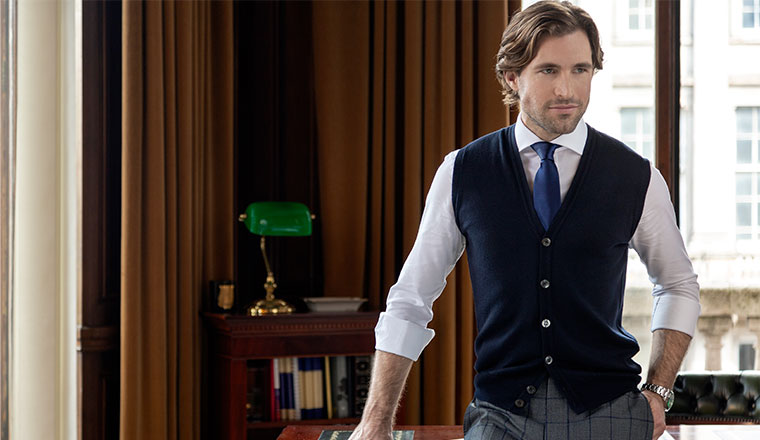
What are the Best Business Suits?
Selecting the ideal business suit requires careful consideration of various factors to ensure a sharp look and comfort throughout the workday. The choice of fabric is an important aspect of this decision-making process.
Linen, renowned for its softness and lightweight feel, stands out as an ideal fabric for summertime business suits, providing breathability for added comfort in warmer seasons.
As temperatures drop, wool becomes a favoured fabric for business suits, offering thickness and heaviness for superior thermal insulation, making it a top choice for winter or colder months. Tweed suits, with their unique texture, also provide style and warmth to keep you cosy during chillier seasons.
For a versatile year-round option, cotton suits strike a balance between warmth and breathability. Whether it’s the crispness of winter or the warmth of summer, a well-tailored cotton business suit ensures a polished and comfortable appearance.
In terms of colour, classic black suits exude timeless elegance, creating a sleek and commanding presence for the most formal business interactions. Navy blue suits convey reliability and confidence, while grey suits, in various shades from charcoal to light grey, offer flexibility for both formal meetings and social engagements. For a touch of warmth and approachability in less formal settings, brown suits present a unique yet professional choice.
Finally, ensuring the perfect fit is probably the most important factor. A beautifully well made but ill-fitting suit, is still an ill-fitted suit. Business suits come in a range of styles and cuts, emphasising the importance of choosing a suit that not only complements your style but also fits impeccably. That’s why we always recommend the bespoke suits route. There’s no one-size-fits-all solution, and finding the right size ensures an attractive appearance and comfortable wear in any situation.
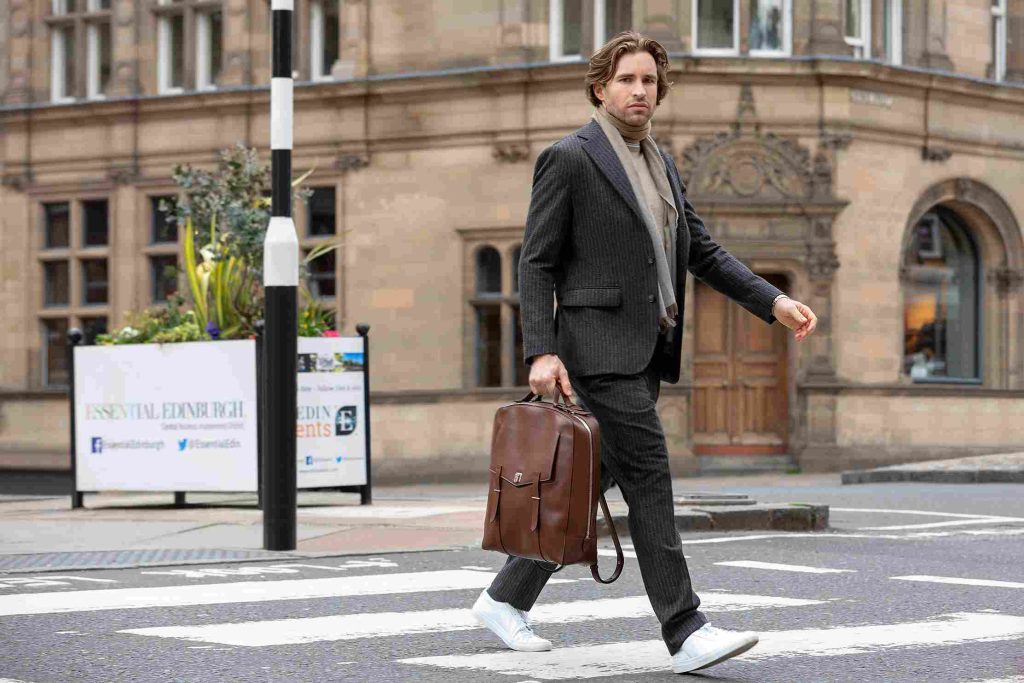
FAQs
What counts as a business suit?
A business suit typically consists of a tailored jacket and matching trousers, worn with dress shoes.
Are black suits appropriate for business?
Yes, black suits are appropriate for business, especially in formal settings. They convey a classic and sophisticated look, making them suitable for important meetings, presentations, and professional events.
Are double–breasted suits appropriate for business?
Double-breasted suits can be appropriate for business, offering a more formal and structured appearance. However, their suitability depends on the workplace dress code and the level of formality required.
How many business suits should you own?
The number of business suits to own depends on your lifestyle and work demands. Having at least two to three well-fitted suits in different colours provides versatility for various professional occasions.
Can you wear a business suit to a wedding?
Yes, a business suit can be worn to a wedding, especially if the dress code is formal or semi-formal. Consider the formality of the event and choose a suit in an appropriate colour, such as navy or charcoal grey.
If you want a suit specifically made for weddings and do not want to use a business suit, then head over to our blog post on choosing the right wedding suit and our bespoke wedding suit service.
Now, armed with the knowledge of when to wear a business suit and how to choose the perfect one, you’re ready to make a lasting impression in any professional setting.
Your professional journey deserves a wardrobe that complements your aspirations so head to Andrew Brookes for bespoke tailored suits designed just for you.



